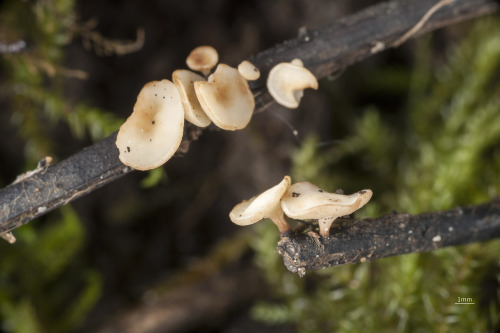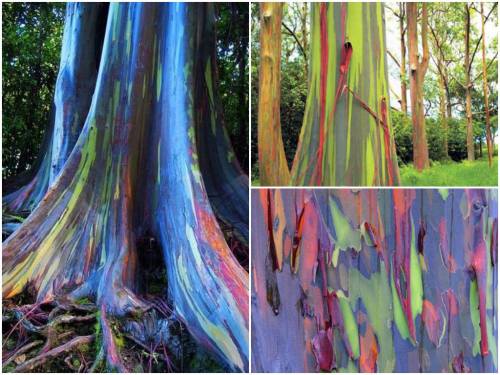Botany - Blog Posts
Dark academia moodboard for a botany student?

Here you go! Hope it’s okay ☺️✨
Send me requests for mood boards or playlists ✨

Jurassic Park Character Aesthetics: Dr Ellie Sattler
Ellie was wearing cut-off jeans and a work shirt tied at her midriff. She was twenty-four and darkly tanned. Her blond hair was pulled back. “Ellie keeps us going.” Grant said, introducing her. “She’s very good at what she does.” “What does she do?” Morris asked. “Palaeobotany,” Ellie said.

Born this day, John Woodward February 24, 1665 in Derbyshire, United Kingdom. At the age of 16, John Woodward became an apprentice to a linen draper in London, and then later he learned about medicine from Dr. Peter Barwick, who was a doctor for King Charles II. While studying medicine, Woodward found a fascination with fossils that eventually led him to his work with plants. In 1699, Woodward published his hydroponics experiments with spearmint. He tested different types of soil mixed with the water, and he learned plants with a less-pure water source grew better than plants grown in purely distilled water. Woodward concluded that certain substances with minerals in the water encouraged plant growth. Fellow STEMists who want to become botanists can be on their way to doing research and investigations through the engineering design process found in our monthly-themed Groovy Lab in a Box. Check out our groovy hydroponics box "Water Works" for more groovy fun for future #botanists! #STEMists do the "E" in #STEM Read more about #hydroponics #OnTheBlog - Evolution of Hydroponics. http://www.groovylabinabox.com/the-evolution-of-hydroponics/ #JohnWoodward #botany #bornthisday








did some review for our botany quiz on monday! i accidentally fell asleep throughout the entirety of our teacher’s three-hour lecture, but thank the heavens for powerpoint presentations aaaa
love when academic articles are a little silly and goofy. like yes that IS a bee. dumb fuck. lets label him so everybody can point and laugh.




Breakthrough on ash dieback
UK scientists have identified the country’s first ash tree that shows tolerance to ash dieback.
Ash dieback is spreading throughout the UK and in one woodland in Norfolk, a great number of trees are infected.
The team compared the genetics of trees with different levels of tolerance to ash dieback disease. From there, they developed three genetic markers which enabled them to predict whether or not a tree is likely to be tolerant to the disease. One tree named Betty, they discovered, was predicted to show strong tolerance.
The findings raise the possibility of using selective breeding to develop strains of trees that are tolerant to the disease to help safeguard our forests.
Read more
Images: Close-up infected ash petioles (leaf stems) - Copyright: John Innes Centre

These are rainbow eucalyptus trees (Eucalyptus deglupta) and hail from the Philippine Islands.
The trees get their name from the striking colours observed on their trunks and limbs. Although it may look like someone took a paintbrush to them, these colours are entirely natural. Unlike most trees, the rainbow eucalyptus does not have a thick, cork-like layer of bark on its trunk. The bark is smooth and as it grows it ‘exfoliates’ layers of spent tissue. This exfoliation technique occurs at different stages and in different zones of the tree.
Keep reading






Why do flowers do the thing they do?
Flowers are the reproductive organs of plants. When pollinated, flowers develop into fruits containing seeds. However, producing flowers, fruits, and seeds is not easy. Plants devote lots of resources and energy to grow these specialized organs. Thus, plants tend to synchronize their efforts with a time of year when conditions are best for reproductive success and survival.
“Annuals” are plants that grow from seed, flower, and die in one year. Since annuals need to grow leaves and stems before they flower, most annuals won’t mature enough to flower until mid-summer or later.
“Winter annuals” get a jump-start on reproduction by germinating from seeds in the fall, over-wintering as rosettes of leaves and storing energy which allows them to flower early in the spring.
“Perennial” plants can live for many years and flower multiple times. Perennials have evolved many different flowering strategies. Most flower in mid- to late summer after they have had time to accumulate the resources needed to produce seeds each year. Others, such as early forest wildflowers, grow for only a short while, blooming before the trees above them leaf out, starving them of light. These plants store energy in underground roots or stems, allowing them to flower early and quickly.
The evolution of such diverse flowering strategies is good for plants that otherwise would have to compete for the same resources at the same time. Its also is nice for us, as we get to enjoy flowers brightening the landscape throughout the growing season.
Giffed by: rudescience From: this video






🌿 Botanical 🌿












